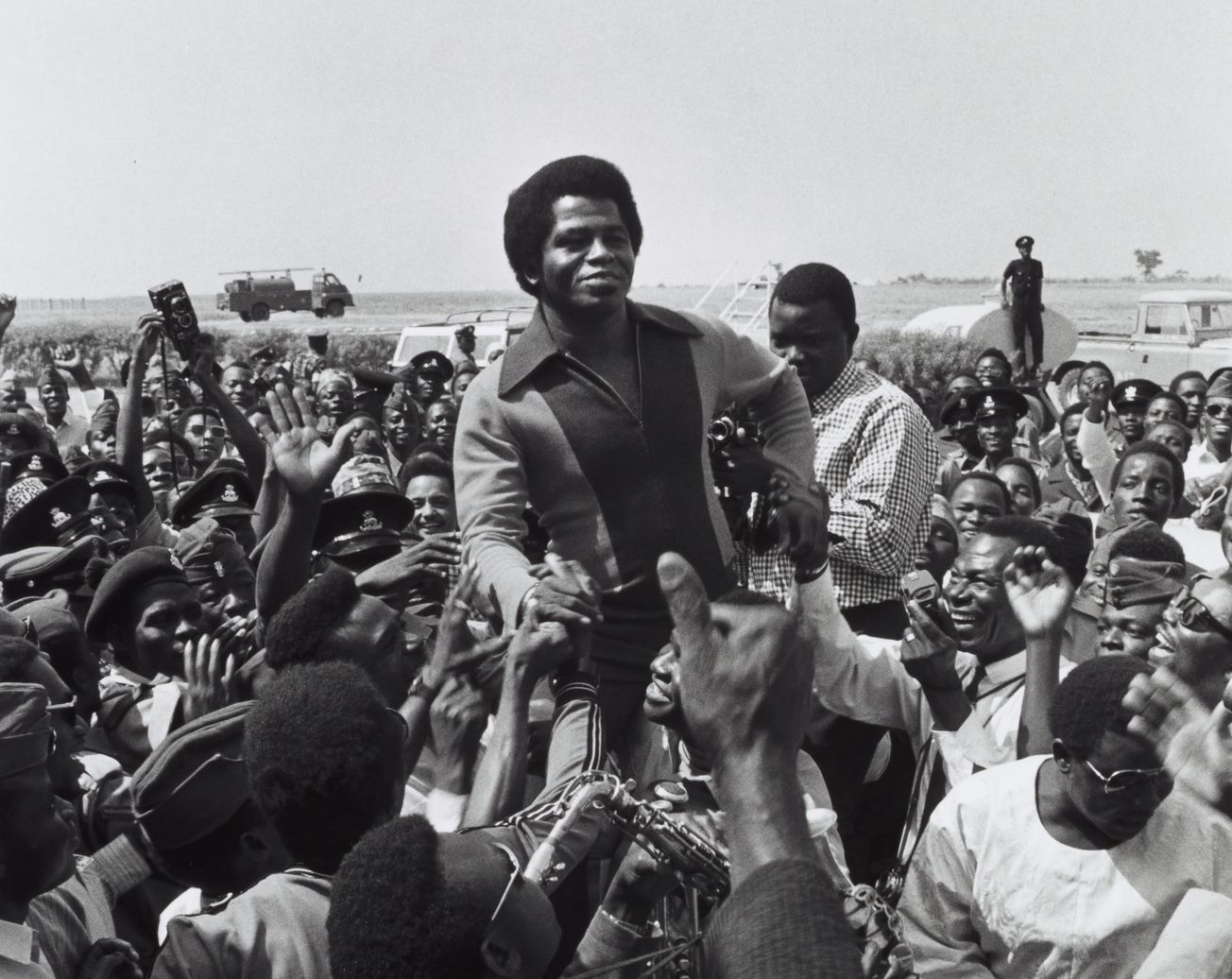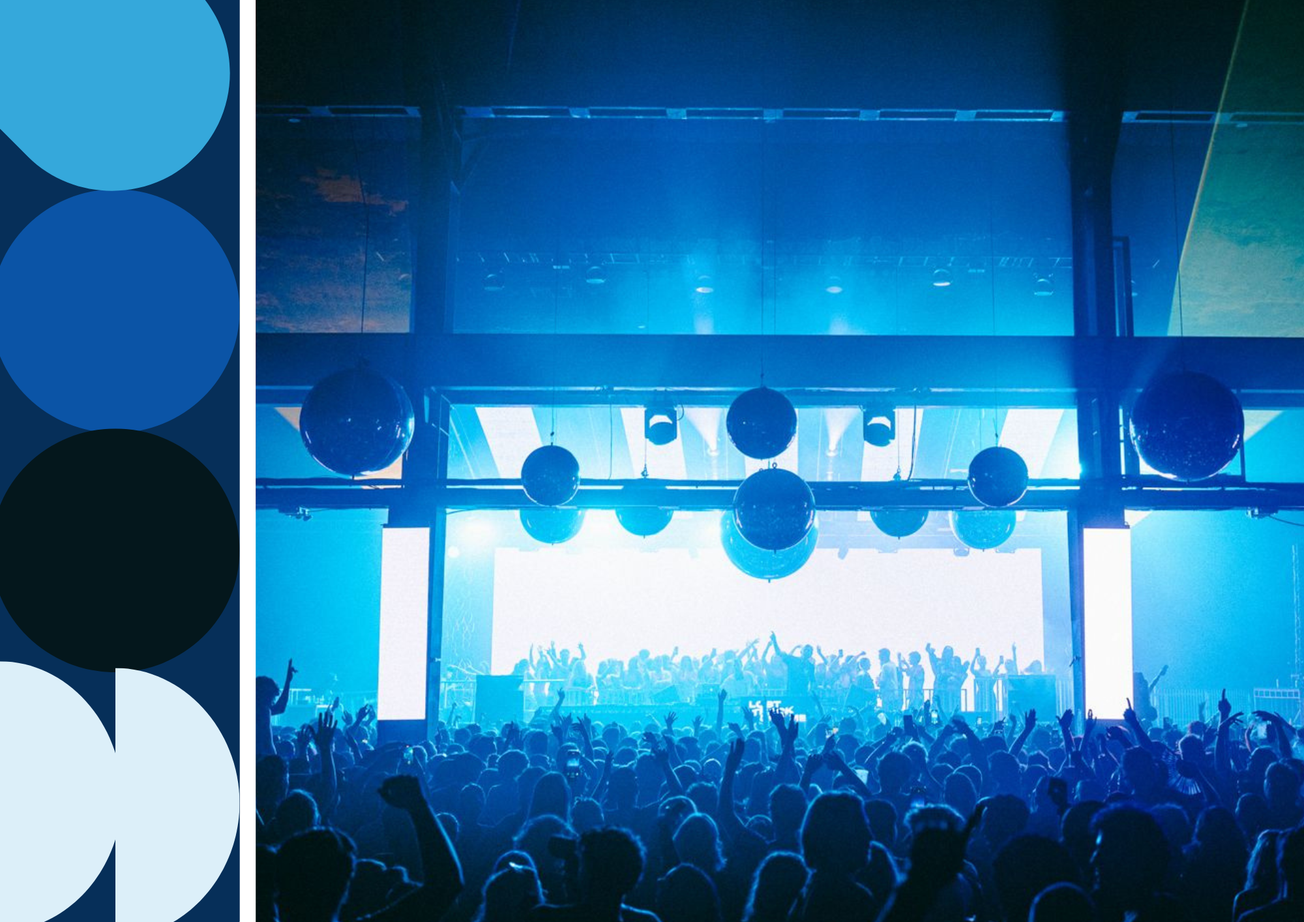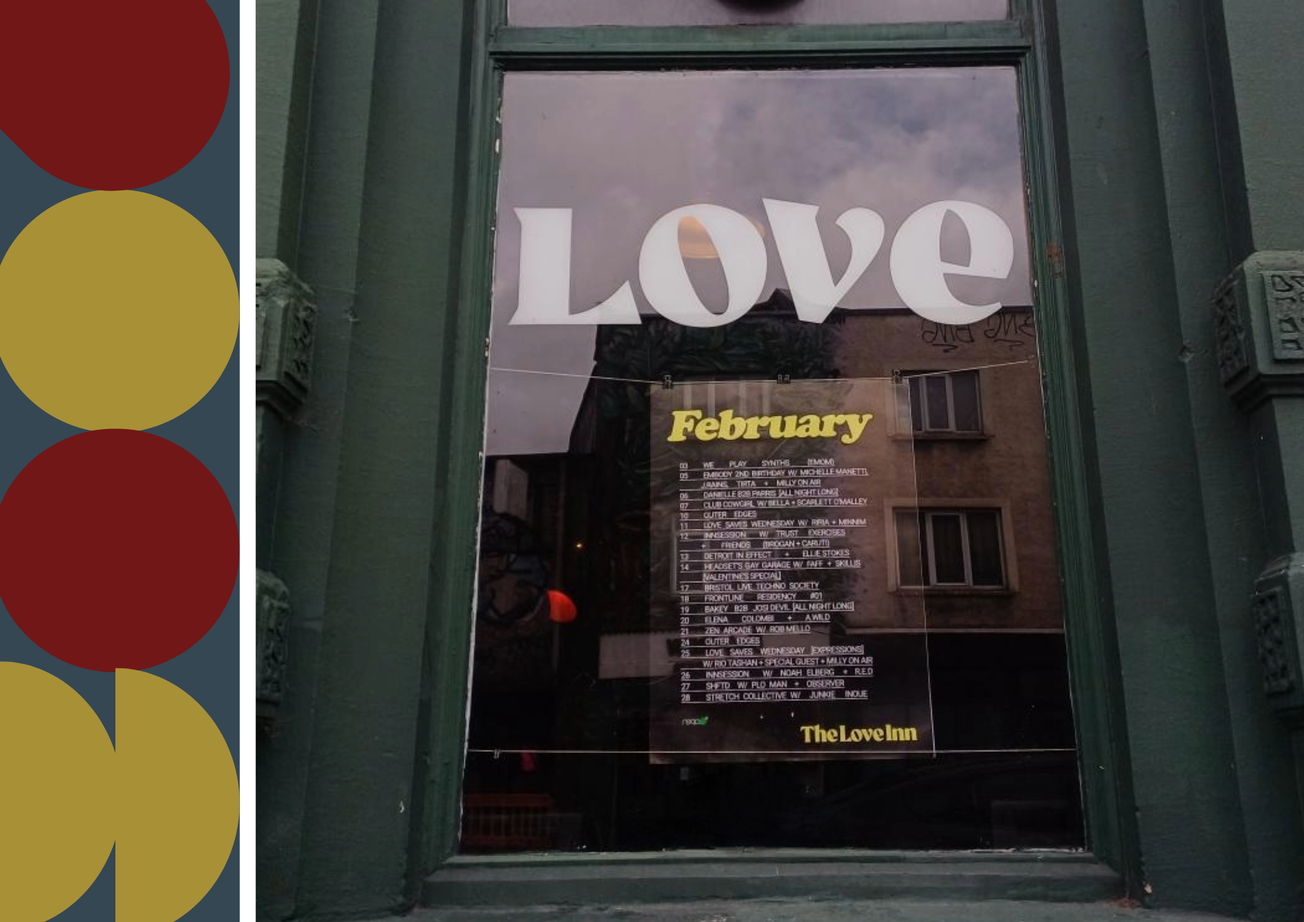By Lucas Arthur, Music Editor
From the slave songs and gospel of the nineteenth century, through to depression-era blues, post-war jazz and the urban hymns of soul, R&B and hip-hop, looking back upon the legacy of Black musicians places them at the core of popular music around the world.
Just as new genres embodied elements of those that came before them, each new generation of artists framed the ongoing struggle for racial equality in the context of their time. Here, we look back across the 20th Century at the standout tracks that amplified the fight for justice over white oppression, while rousing others to do the same.
1939 – Billie Holiday, Strange Fruit
Holiday was the first in a lineage of great American jazz vocalists. Like her contemporaries Sinatra and Fitzgerald, her career spanned the final decades of Southern U.S. segregation and unopposed racial terrorism. In Strange Fruit, the hanging corpses of lynched Americans are compared to dangling fruits with a sickening clarity.
The fact Holiday feared retaliation when performing the song exposes the entrenched racism of the time. Instead, giving voice to an unbearable collective pain, the track would sell over a million copies and become the first black protest song to achieve popular acclaim.
1965 – The Impressions, People Get Ready
This mellow gospel track, created by soul legends Curtis Mayfield and Jerry Butler in their earlier years, is steeped in black cultural imagery. Mobility is a persistent theme throughout Black freedom songs. The ‘train to Jordan’ it mentions conveys a yearning to escape the hardships of post-enslavement America, while alluding to the Underground Railroad of the mid 1800s, which enslaved African-Americans would use to escape into free states and Canada. Released during the peak of 60s civil rights activism, Martin Luther King Jr would name it the unofficial anthem of the movement.
1968 – James Brown, Say It Loud – I’m Black and I’m Proud
Brown needs little introduction. I’m Black and I’m Proud was an outspoken admission of Black pride by the progenitor of funk, doing away with the nuance of preceding Black anthems and reflecting the growing militarism of the movement. Chuck D of Public Enemy – a later feature on this list – remarked that it ‘convinced me to say I was black… being black is a great thing instead of something you have to apologise for’.
1970 – Gil Scott-Heron, The Revolution Will Not Be Televised
As a poet, soul singer and the arguable Father of hip-hop, Gil Scott-Heron penned his attack on white America with wit and derision. The track features a slew of pop culture references – people, corporations, taglines – over a strutting bassline, satirising the advent of mass media and advertising in the US and the racial biases within it. ‘Pigs shooting down brothers’ foreshadows a central theme in hip-hop lyricism over the following decades.
1971 – Marvin Gaye, What’s Going On
Motown Records was greater than the sum of its parts. The Detroit label would integrate the sounds of black America into the popular music of the 1970s, with What’s Going On being among its most successful releases.
The work’s motifs of love and pacifism were in keeping with Gaye’s soulful ballads, but its tone of protest arose from violence. Witnessing police brutality during Bloody Thursday, the Watts Riots and the casualties of the Vietnam conflict led Gaye to lament: ‘With the world exploding around me, how am I supposed to keep singing love songs?’
1971 – Bob Marley and the Wailers, Get Up, Stand Up
The refrain ‘Get up, stand up – stand up for your right’ is straight to the point. Having lived only briefly in the US, Marley drew heavily on his experiences in Jamaica and Africa, with this song written after witnessing intense poverty in Haiti – a symptom of its past colonial subjugation.
Similarly, political turmoil affected Jamaica throughout Marley’s lifetime as the country struggled to establish independence from colonial powers. Reggae, and its Pan-African message of love and unity, came at exactly the right point in time.
1989 – Public Enemy, Fight The Power
‘Fight the Power is not about fighting authority – it’s not that at all’ states the group’s bassist, Brian Hardgroove. ‘It’s about fighting abuse of power.’ Like other Gangsta Rap groups of the early 90s, Public Enemy cut, collated and remixed media from throughout black history.
Music from James Brown – by then the most sampled artist of all-time – is sampled some five times, alongside audio from church services and civil rights rallies. This creates a beat that pays homage to the group’s heroes and serves as a reminder of the same collective struggle that ran throughout the decades and continues to this day.
Featured image credit: Unsplash
Which tracks would you add to this list?








